Filter by

Hans Jacob Christoffel von Grimmelshausen
- Edition
- 1
- ISBN/ISSN
- 978-3-476-04080-0
- Collation
- Literasi
- Series Title
- Sammlung Metzler
- Call Number
- 379
- Edition
- 1
- ISBN/ISSN
- 978-3-476-04080-0
- Collation
- Literasi
- Series Title
- Sammlung Metzler
- Call Number
- 379
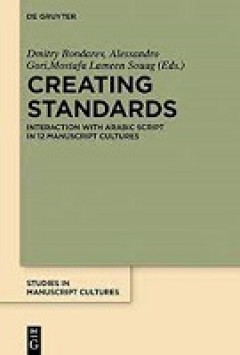
Creating Standards: Interactions with Arabic script in 12 manuscript cultures
This book deals with various aspects of standardisation by stepping outside the disciplinary and regional boundaries and providing a typological cross-cultural comparison of standardisation processes in writing traditions influenced by Arabic where different cultures, languages and scripts interact.
- Edition
- Ed. 1
- ISBN/ISSN
- 9783110635089; 9783110634983
- Collation
- 326
- Series Title
- -
- Call Number
- 400 CRE c
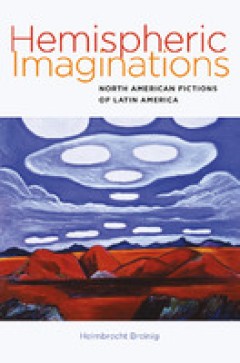
Hemispheric Imaginations: North American Fictions of Latin America
What image of Latin America have North American fiction writers created, found, or echoed, and how has the prevailing discourse about the region shaped their work? How have their writings contributed to the discursive construction of our southern neighbors, and how has the literature undermined this construction and added layers of complexity that subvert any approach based on stereotypes? Comb…
- Edition
- Ed. 1
- ISBN/ISSN
- 9781512600766
- Collation
- -
- Series Title
- Re-Mapping the Transnational: A Dartmouth Series in American Studies,
- Call Number
- 801 BRE h
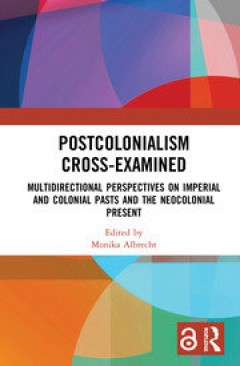
Postcolonialism Cross-Examined
Taking a strikingly interdisciplinary and global approach, Postcolonialism Cross-Examined reflects on the current status of postcolonial studies and attempts to break through traditional boundaries, creating a truly comparative and genuinely global phenomenon. Drawing together the field of mainstream postcolonial studies with post-Soviet postcolonial studies and studies of the late Ottoman Empi…
- Edition
- -
- ISBN/ISSN
- 9780367222543
- Collation
- -
- Series Title
- -
- Call Number
- 410

Hermann Hesse and His Critics: The Criticism and Bibliography of Half a Century
Originally published in celebration of Hermann Hesse's 80th birthday, this highly documented study, practical handbook, and reference work for Hesse scholarship is presented in three parts. Mileck gives a short biography of Hesse's life and a general characterization of his writing, followed by a critical history of Hesse scholarship through 1957 organized chronologically, categorically and the…
- Edition
- -
- ISBN/ISSN
- 9781469657998
- Collation
- -
- Series Title
- -
- Call Number
- -
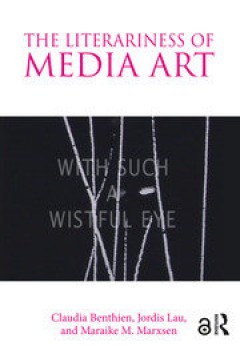
The Literariness of Media Art
The beginning of the 20th century saw literary scholars from Russia positing a new definition for the nature of literature. Within the framework of Russian Formalism, the term ‘literariness’ was coined. The driving force behind this theoretical inquiry was the desire to identify literature—and art in general—as a way of revitalizing human perception, which had been numbed by the automat…
- Edition
- -
- ISBN/ISSN
- 9781315107981
- Collation
- -
- Series Title
- -
- Call Number
- 410
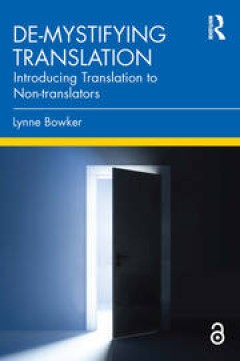
De-mystifying Translation
This textbook provides an accessible introduction to the field of translation for students of other disciplines and readers who are not translators. It provides students outside the translation profession with a greater awareness of, and appreciation for, what goes into translation. Providing readers with tools for their own personal translation-related needs, this book encourages an ethical ap…
- Edition
- -
- ISBN/ISSN
- 9781003217718
- Collation
- -
- Series Title
- -
- Call Number
- 810
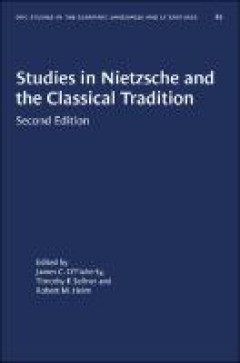
Studies in Nietzsche and the Classical Tradition
These fifteen essays deal with Nietzsche's view of various aspects of classical antiquity as compared to those of Augustine, Thomas Aquinas, Dante, Voltaire, Winkelmann, Hamann, Goethe, Schiller, Heine, Byron, the "fin de siècle" Decadents and others. An introductory essay by classical scholar H. Lloyd-Jones plus two essays on Nietzsche's aesthetics by W. Kaufmann and K. Weinberg round out the…
- Edition
- -
- ISBN/ISSN
- 9781469658100
- Collation
- -
- Series Title
- -
- Call Number
- -
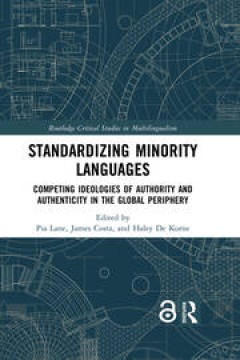
Standardizing Minority Languages : Competing Ideologies of Authority and Auth…
This volume addresses a crucial, yet largely unaddressed dimension of minority language standardization, namely how social actors engage with, support, negotiate, resist and even reject such processes. The focus is on social actors rather than language as a means for analysing the complexity and tensions inherent in contemporary standardization processes. By considering the perspectives and act…
- Edition
- -
- ISBN/ISSN
- 9781315647722
- Collation
- -
- Series Title
- -
- Call Number
- 420
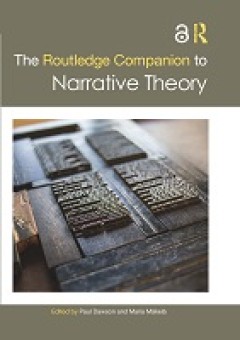
Chapter 35 Migration and Narrative Dynamics
How can narrative theory account for the changing roles of storytelling and storysharing in the public sphere? This essay proposes a new concept of narrative dynamics, one that generates well-constrained descriptions of specific elements, features, or qualities of narratives, as well as programmatic claims concerning their potential uses and effects. Narrative dynamics research is equally inter…
- Edition
- -
- ISBN/ISSN
- 9780367569730
- Collation
- Pages 15
- Series Title
- -
- Call Number
- 900 ROY c
 Computer Science, Information & General Works
Computer Science, Information & General Works  Philosophy & Psychology
Philosophy & Psychology  Religion
Religion  Social Sciences
Social Sciences  Language
Language  Pure Science
Pure Science  Applied Sciences
Applied Sciences  Art & Recreation
Art & Recreation  Literature
Literature  History & Geography
History & Geography